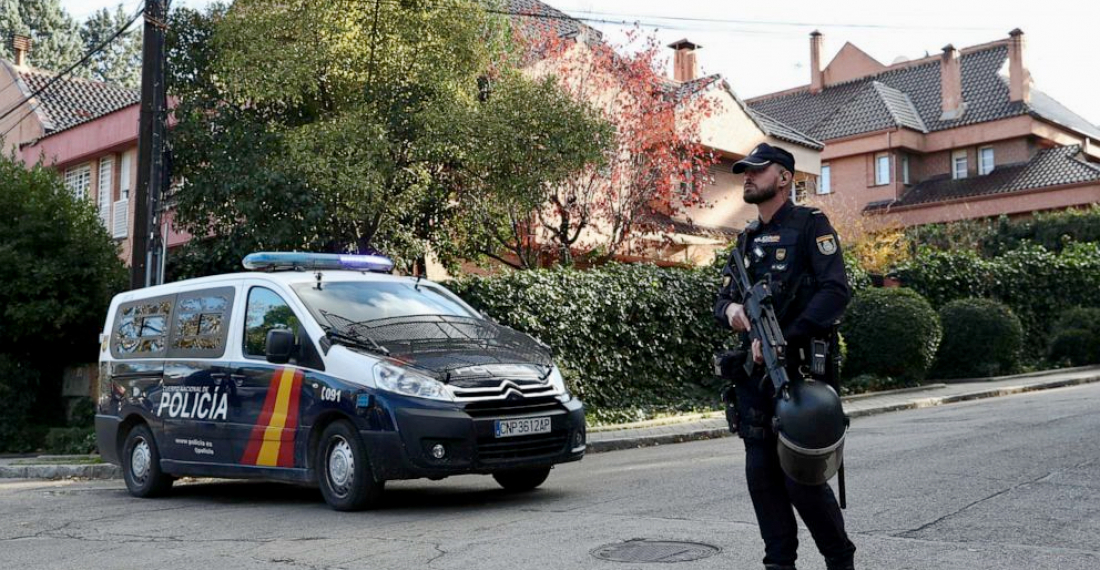Seventeen letters or packages containing animal remains have been sent to Ukrainian diplomats located in various embassies or missions around the world. Ukrainian Foreign Minister Dmytro Kuleba said this in an interview with CNN.
On Wednesday (30 November), a letter bomb detonated at an embassy in Spain, injuring a security guard. Subsequently, similar packages with animal parts, like cow eyes, were sent to the Ukrainian embassy in the Netherlands as well as other countries, such as Hungary, Poland, Croatia, Italy and Austria.
It is still not clear who is behind this. Kuleba believes the perpetrator could be Russia, citing the "diplomatic horror" the country has faced in the international arena. "Perhaps this terror action is the Russian response to the diplomatic horror we have created for Russia in the international arena.", Kuleba said.






